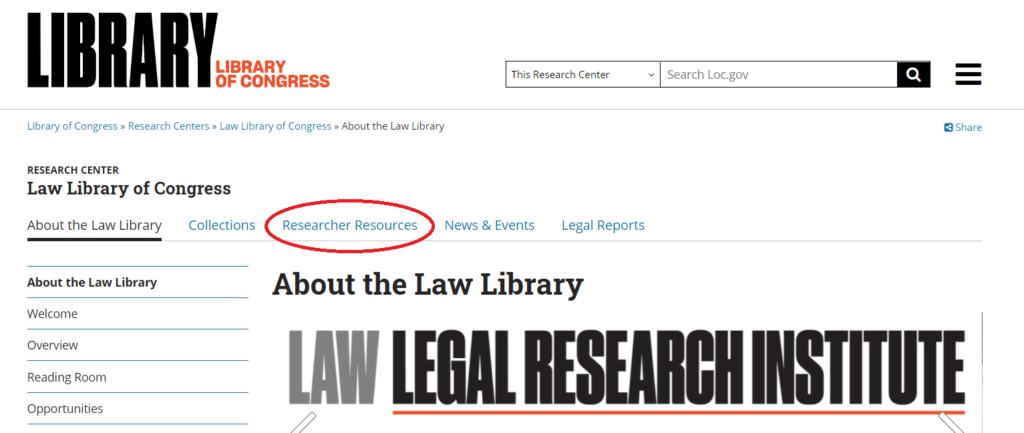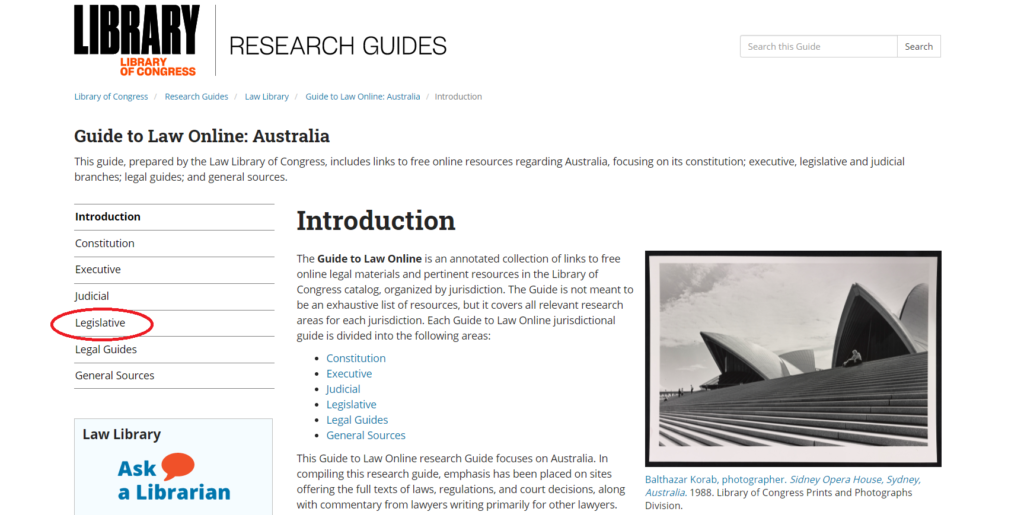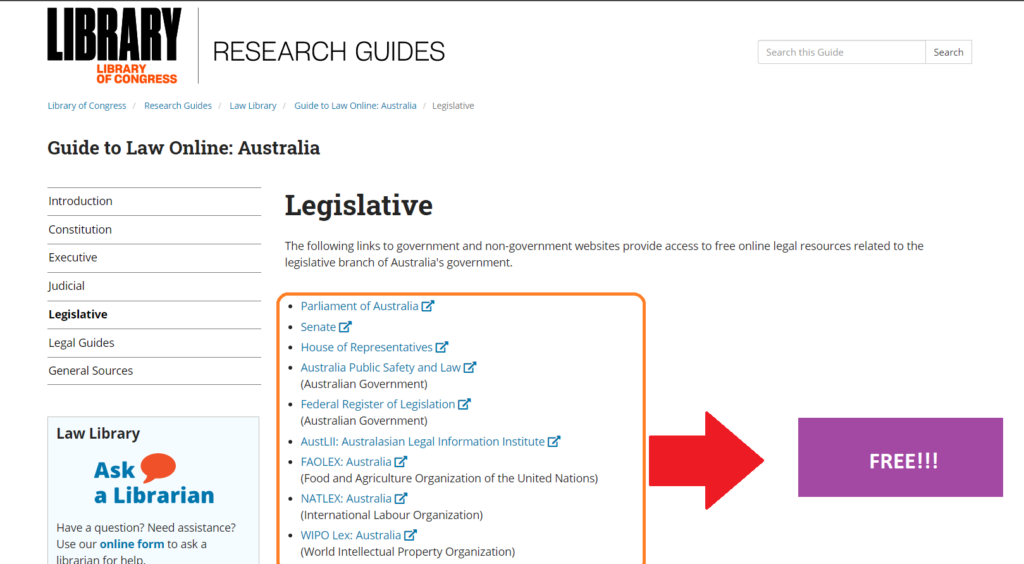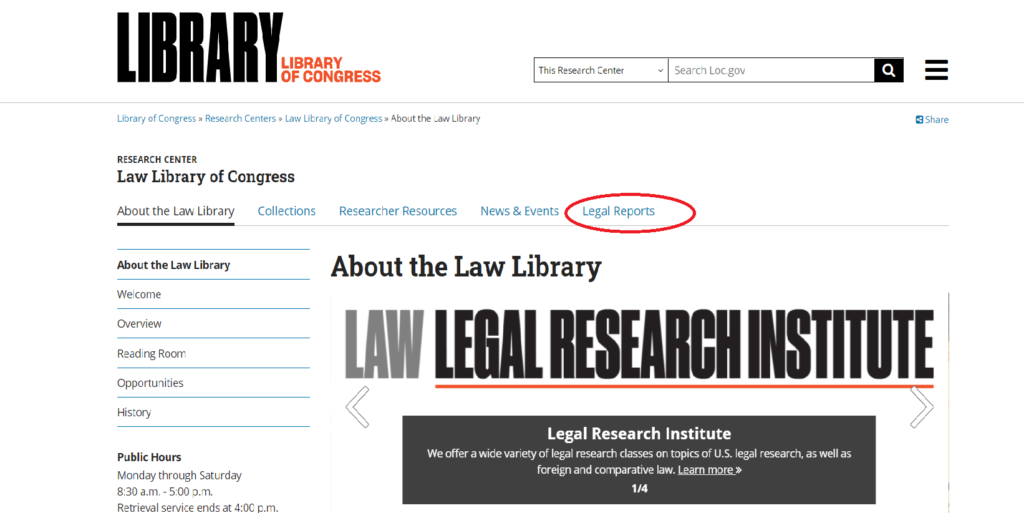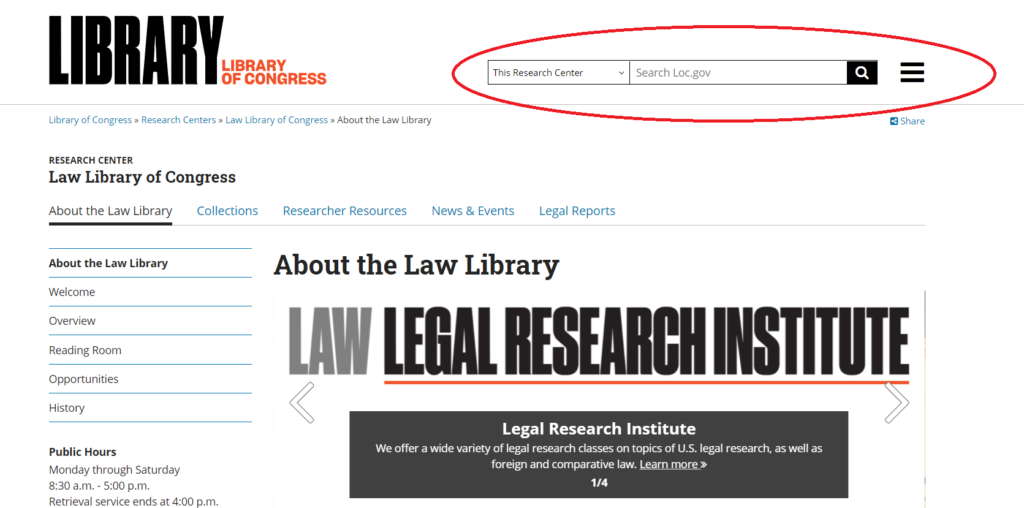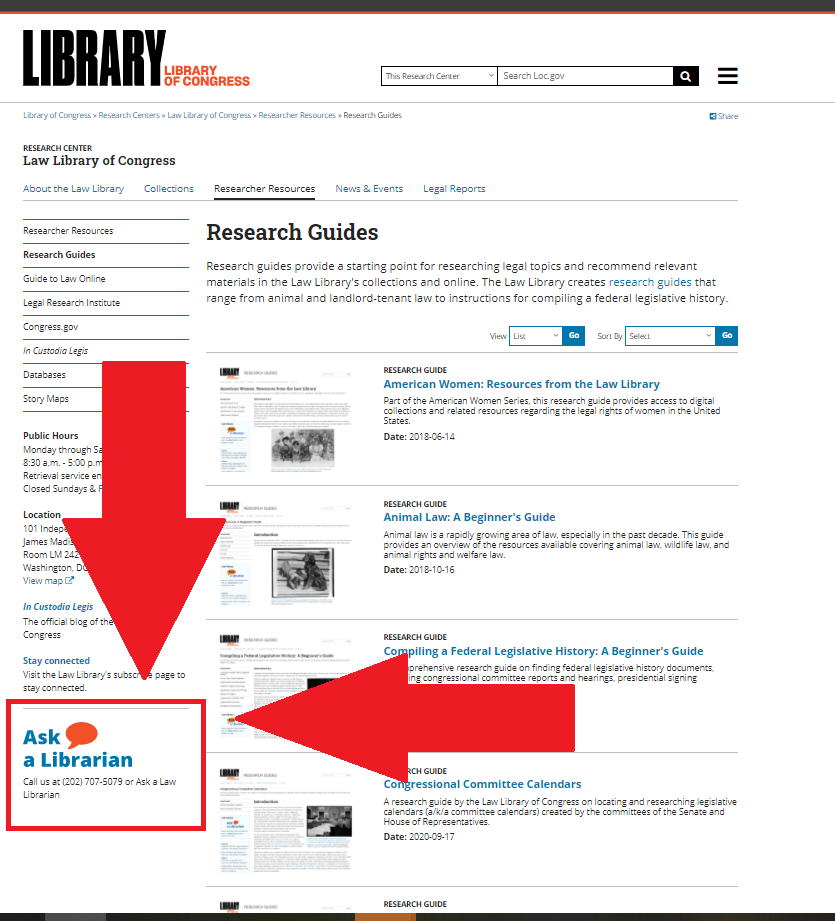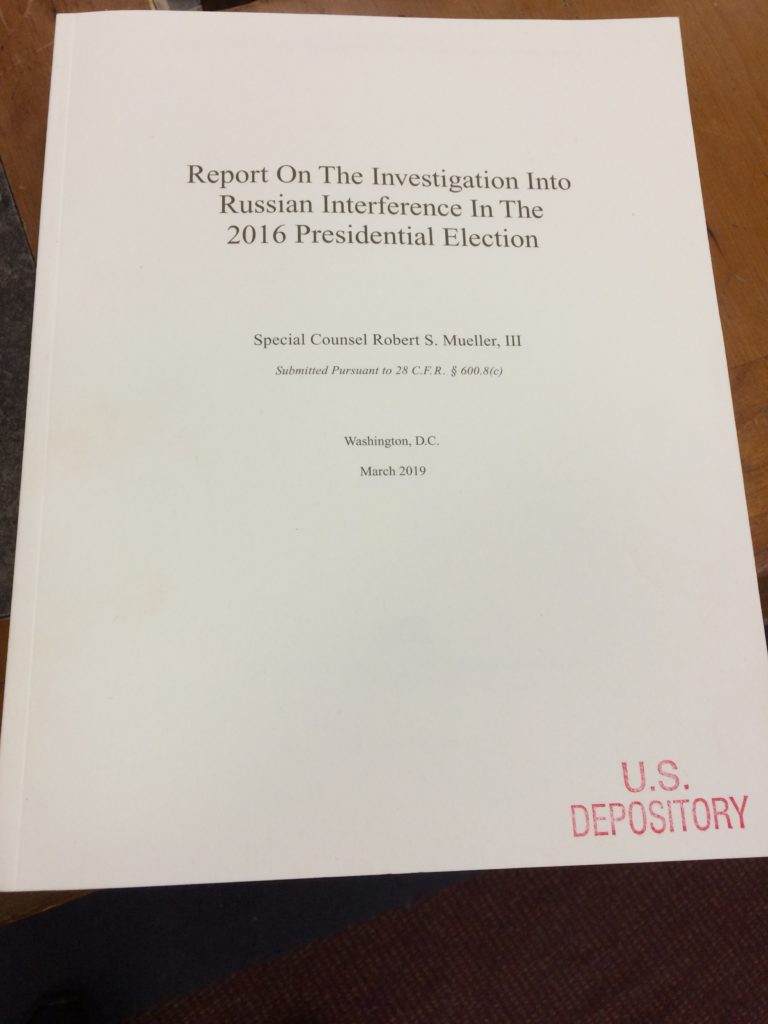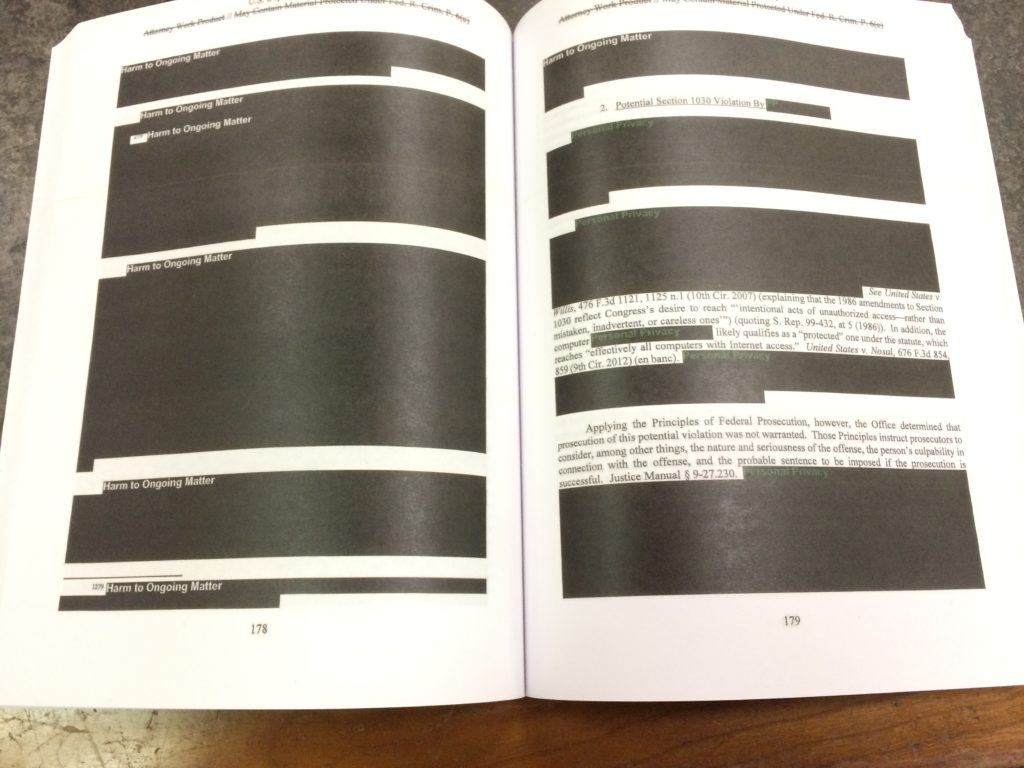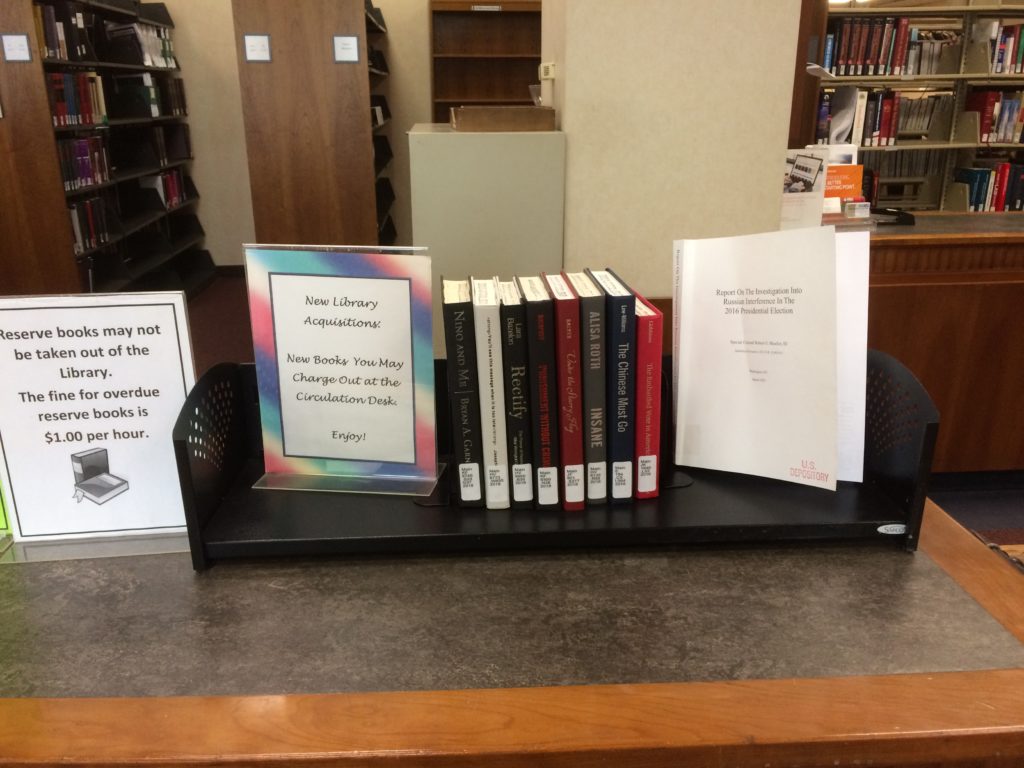BLS librarians have created 40+ publicly-accessible legal research guides. Tips: A BLS student can email askthelibrary@brooklaw.edu, text (718) 734-2432 or chat with us for help determining whether there is a guide to support research on a specific topic. Off-campus use of many subscription databases described in BLS research guides requires implementation of the BLS proxy server instructions.
Also, your librarians serve as liaisons to the BLS full-time faculty–we can tell you which librarian works most closely with a particular professor. A librarian liaison might have created research links in the Canvas page for a paper-writing course or other material to support students’ research. Note: BLS librarians can highlight resources to support any type of law student paper, article or presentation.
A useful starting point for many types of paper research is the guide: Selecting & Developing Your Seminar Paper Topic. This guide’s home page includes videos on: selecting/researching a topic; developing a thesis for a seminar paper topic; and avoiding plagiarism. Guide tab: Selecting a Topic links to: indexes of legal blogs; legal news sources; and selected legal journals and newsletters. All of these sources highlight new and developing legal topics. Guide tab: Developing an Argument through Commentary links to both full-text sources of articles and indexes of articles. Guide tab: Developing an Argument through Grey Literature includes sources to find material published by think tanks, NGOs and interested organizations.
Moreover, there are BLS guides to international law research. The broadest two guides are: Paper Topic Selection: International (highlights news/legal news sources) and Paper Topic Development: International (highlights sources of articles and primary law). If you need to find a topic for a “Rule of Law/Law of War” seminar, you could access the Paper Topic Selection guide > tab: Pull-down Menu of News: Specific Topics and choose sub-tab: Law of War. The English Legal Sources guide includes links to newly available resources in Westlaw Edge UK.
Additionally, there are many subject-focused BLS research guides. If you need to develop a topic in the “Art Law” seminar, the Art Law guide > tab: Other Resources links to websites of organizations and the searchable ArThemis database of news/case notes on art and cultural property disputes. If you need to conduct research for the “Topics in White Collar Crime” seminar, you could link to many resources through guide: White Collar Crime Research. If you are writing in the “Civil Practice Workshop,” the New York Civil Practice guide might be helpful. (This is a guide BLS librarians like to highlight to all BLS students who might wish to become litigators.) If you are writing on a tax topic, see: Federal Tax Research Guide and International Tax Research Guide. These guides include instructions to access BLS subscription databases to support tax research.
COMING IN EARLY OCTOBER: A presentation for students on selecting a paper topic and avoiding plagiarism. We will provide the date/time soon!



